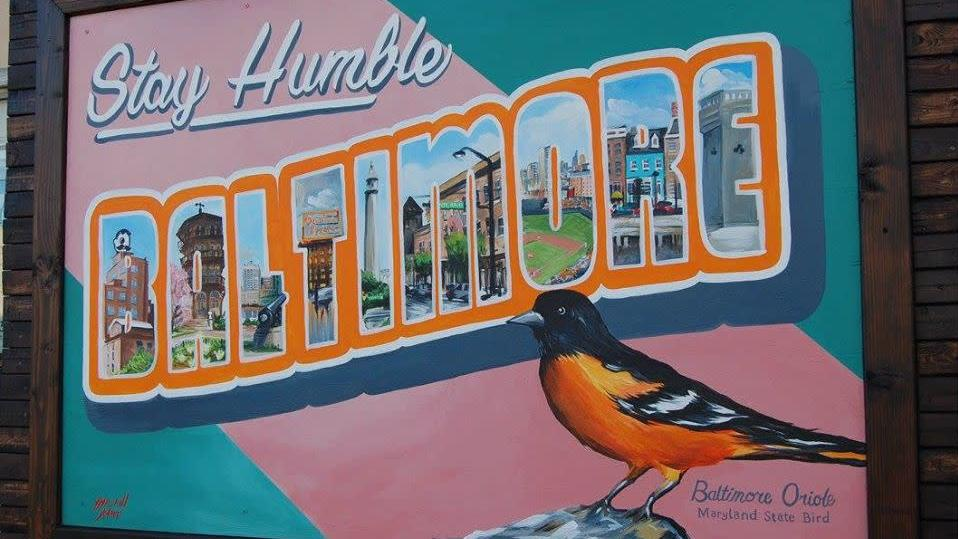When It Comes To Tackling Food Insecurity, Baltimore Gets Creative
I left my hometown of Brooklyn for Baltimore four years ago because it was one of the most magical places I'd ever stepped foot in. Yes, it has its well-publicized problems. It is also full of people who see these problems and step up. It's a city of entrepreneurs and innovation. It's a city where people create, where boundless imagination runs wild, where even the smallest effort can have massive stakes. In Baltimore, we throw ideas at the wall to see what sticks.
One of the many issues the city grapples with is food insecurity. This enlightening Politico article profiles some of the leaders in the city's public health sphere who are studying and addressing the issue. While the piece is well worth a read, it mostly focuses on institutional public health actions such as Loyola University's FreshCrate program, Johns Hopkins' collaborations with city government to create Healthy Food Priority Areas, and the Food Policy Action Coalition, a full-fledged department within City Hall dedicated to bringing equity to Baltimore's food system. I'd like to take this opportunity not only to direct you to Politico's excellent reporting, but to add to it by linking to some of Baltimore's lesser-known community organizations that keep the city fed. These are coalitions of local residents that run on donations and volunteer labor. They're ideas worth noticing and programs worth supporting.
Gather Baltimore
Gather has relationships with local supermarkets and wholesalers to collect their food waste for resale. For $11, you receive a massive grocery bag (about the size of and Ikea blue bag) overflowing with fresh fruits and vegetables. This program was a savior for me back during my freelance days, when checks were late and there was little money for food. Let me tell you, this "food waste" produce wholesalers have been tossing? More times than not, it is perfect. It's merely overstock that they can't sell on time. One bag normally gives us two weeks of vegetable-heavy meals, and nothing goes bad. When I've made the trek to the warehouse, I've picked up multiple bags for my neighbors, many of whom are elderly or disabled with limited incomes. Every city should have something like this.
The Black Church Food Security Network
Rev. Herber Brown III of Pleasant Hope Baptist Church in Northern Baltimore is a true American hero. Noticing how many of his parishioners were suffering from diet-related diseases, partially caused by their limited access to nutritious food options, he planted a 1,500-square-foot vegetable garden in front of the church. WTOP reported last February that the garden was producing 1,100 pounds of produce annually. Rev. Brown also partnered with local Black farmers to bring popup markets into the church each Sunday, which in turn began to grow his congregation. He founded the BCFSN in 2015, which works with other historically African-American churches to build food security programs.
Baltimore Free Farm
This network of urban farms, born from the city's many vacant lots, calls itself "an egalitarian collective of gardeners and activists who aim to provide access to healthy food for all." They grow produce and rescue food waste that's then distributed for free at popup markets throughout the city where anyone can get food with no government benefits needed and no questions asked. They also have a community kitchen that processes food waste into nutritious meals that feed the hungry.
